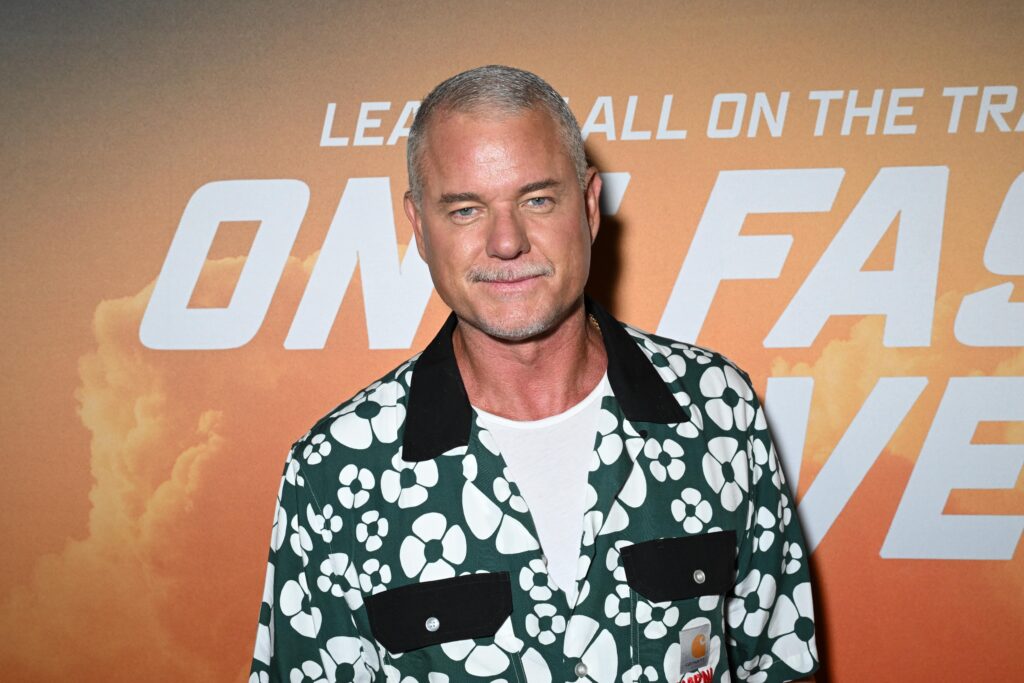THE MEDIA INDUSTRY, like many others, has been subject to rapid changes over the past few decades. With the rise of digital platforms, social media, and shifting audience behaviors, staying relevant has become increasingly challenging. Leadership in this dynamic environment requires more than just strategic planning; it demands fostering creativity and maintaining innovation to keep pace with the evolving landscape.
Damien Costas, an experienced entrepreneur in the media and entertainment sector, has spent years navigating these challenges. Through his leadership journey, he has developed a deep understanding of how to cultivate an innovative culture while balancing the pressures of an industry known for its unpredictability.
“Leadership in media isn’t just about steering the ship—it’s about creating an environment where creativity thrives and new ideas are encouraged,” he observes. This perspective forms the foundation of his leadership approach, focused on empowering teams to explore new directions and think beyond traditional boundaries.
At the core of Costas’ leadership philosophy is empowerment. For him, it’s essential to create an environment where team members feel trusted and supported, which in turn fosters creativity. In media, where innovation often drives success, this means encouraging a culture where taking risks is seen as part of the process.
“When people feel empowered, they’re more likely to take initiative and explore unconventional ideas,” he explains. “As a leader, it’s important to give people the space to think creatively, rather than micromanaging every step.”
This approach, he notes, is especially valuable when the industry is constantly evolving. In media, trends come and go quickly, and being able to pivot and try new things is crucial for staying competitive. By creating an environment where employees are encouraged to experiment and learn from both successes and failures, leaders can ensure that their teams remain agile and adaptable.
Encouraging innovation while managing practical constraints
Although creativity is key to thriving in the media industry, it needs to be balanced with practical considerations. Costas emphasizes the importance of grounding big ideas in reality. “It’s easy to get caught up in brainstorming sessions and creative discussions, but as a leader, you also have to ensure that these ideas are executable,” he notes.
This balance between creativity and practicality is something Costas believes all leaders should strive to achieve. Without it, innovative ideas may never reach fruition. “It’s not about shutting down big ideas,” he says, “but about working with your team to find ways to bring those ideas to life within the limits of time, budget, or technical capabilities.”
One example from his experience involved rethinking the format of a long-running media event. The event had become predictable, and attendance was waning. Costas and his team decided to experiment with a hybrid format that combined live performances with interactive digital elements, revitalizing audience interest and attendance. While this idea was bold, it required careful planning and coordination to execute within the event’s logistical and budgetary constraints. The lesson, he says, is that innovation needs both creativity and a clear plan to succeed.
Adapting to trends without losing core identity
In an industry as trend-driven as media, it can be tempting to chase the latest fads to remain relevant. However, Costas underscores the importance of balancing adaptation with staying true to a company’s core identity. Leaders, he argues, should be selective in which trends they choose to follow.
“Not every trend is right for your brand or your team,” he says. “You need to ask, ‘Does this align with who we are and what we want to achieve?’ Just because something is popular doesn’t mean it’s the right fit for your long-term goals.”
The rise of digital platforms has been a major transformation for the media industry. Costas has seen how many businesses feel pressured to overhaul their operations to keep up. However, he cautions that adopting new technologies or trends for the sake of following the crowd can backfire. Instead, companies should critically evaluate whether these changes align with their broader objectives.
He recalls a moment when his team debated launching a new digital platform to capitalize on a trending format. After careful consideration, they decided not to move forward, recognizing that the platform didn’t align with their long-term vision. This decision, while difficult, reinforced the importance of making strategic choices that prioritize sustainability over short-term gains.
Learning from setbacks
Costas is candid about the fact that leadership involves setbacks. For him, challenges and failures are inevitable, but they provide valuable opportunities to learn and grow. He emphasizes the importance of resilience in the face of failure, both for leaders and their teams.
“Every leader is going to encounter projects that don’t go as planned,” he says. “The key is to not let those setbacks derail you. Instead, you need to analyze what went wrong and figure out how to improve for the future.”
In one instance, a project launch that had been highly anticipated by his team failed to gain traction. Rather than viewing the outcome as a loss, Costas encouraged his team to reflect on the lessons learned and apply them to their next project. This process of turning setbacks into growth opportunities, he explains, strengthens both the team and the organization as a whole.
Leadership for the future
As the media industry continues to evolve, leadership must adapt alongside it. Costas believes that future media leaders will need to cultivate a combination of creativity, adaptability, and emotional intelligence. He stresses that leadership is not just about guiding a team toward success but also understanding and supporting the individuals within that team.
“Great leadership in media isn’t just about metrics or results,” he explains. “It’s about creating an environment where people can be their most creative and feel like they’re part of something bigger.”
The future, according to Costas, holds immense potential for innovation in the media industry. However, this potential can only be realized if leaders create a culture that embraces creativity, fosters collaboration, and remains adaptable in the face of change.
Switzer Media newsroom and editorial staff were not involved in the creation of this content.















